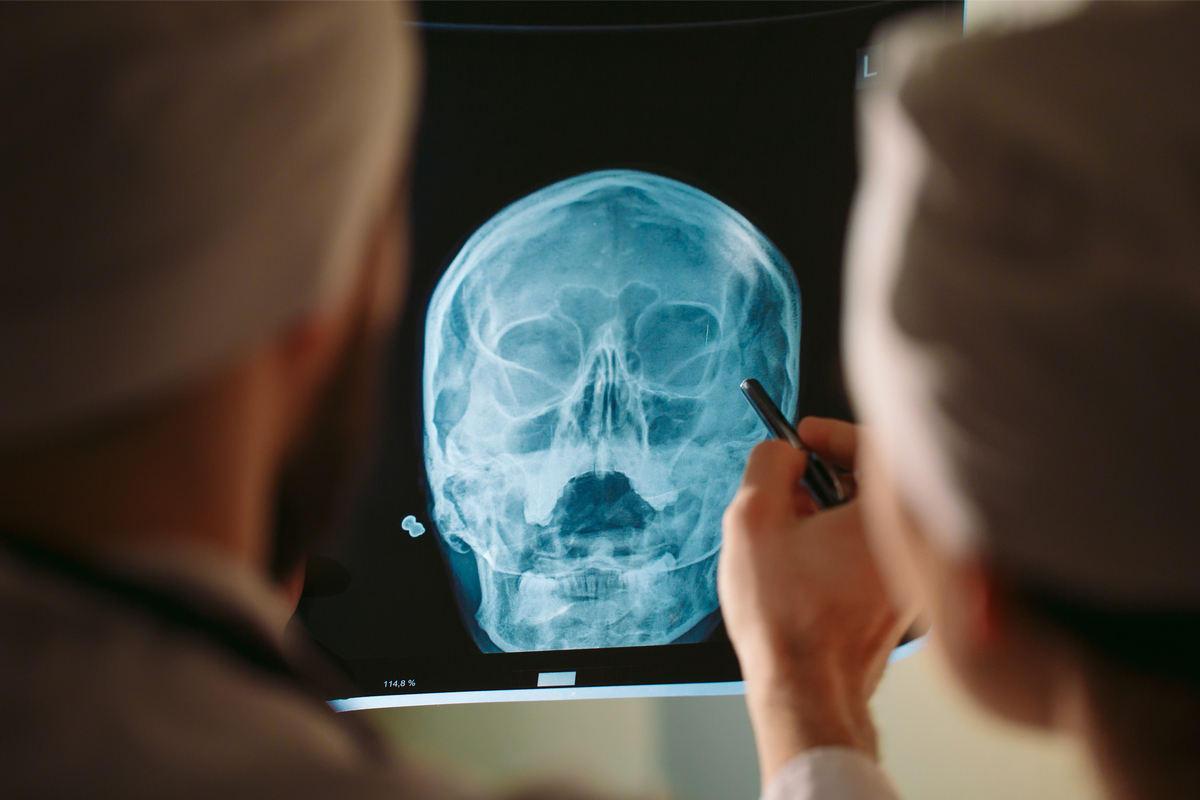
A traumatic brain injury, or TBI, is a potential type of injury that could be suffered by a victim in a car accident, slip and fall, and a variety of other incidents. The brain is a complex organ that can suffer many types of injuries. Although each patient is unique, the type of TBI can determine the patient’s prognosis for recovery and outlook for the future.
A concussion is one of the most common types of TBIs. It is caused by a bump, jolt or blow to the head. Concussions can be mild, moderate or severe. It is often said, however, that there is no such thing as a minor brain injury. This is because even a mild concussion or brain injury could have serious and lasting effects on a victim. Classifying a brain injury such as a concussion typically involves measuring a patient’s level of consciousness and function.
Symptoms associated with concussions can range from mild to severe. Some of the most common are headache, dizziness, confusion, memory loss, loss of consciousness (even briefly), and nausea or vomiting. Typically, a concussion will clear up on its own with rest in a matter of weeks. In some cases, however, a victim can experience post-concussive syndrome, or long-lasting symptoms that can last months or even years.
A coup-contrecoup brain injury describes damage to two areas of the brain, typically on opposite sides. Trauma is caused to one side of the brain in the initial blow, followed by trauma to the other side of the brain from the counterblow – when the brain bounces against the skull with enough force to slam into the other side. Since this type of injury affects multiple parts of the brain, it can result in various symptoms and complications. It is generally classified as a severe type of traumatic brain injury.
Concussions and other injuries caused by a blow to the skull are known as closed head injuries. This means the brain sustains damage but the skull remains unbroken or uncompromised. These injuries are caused by the brain getting bounced or jolted around inside of the skull, potentially causing bruising or damage. A penetrating injury, on the other hand, is an open head injury. This means there has been a breach in the skull, such as a gunshot wound, and something that pierces the brain.
Not all TBIs are caused by blows to the head. A diffuse axonal brain injury can occur when the brain rotates or shifts inside of the skull, such as due to the revolving motion of the head and neck in a car accident. This movement can damage the brain’s connecting nerve fibers, or axons. If these axons are damaged or torn from the force of the shift, it can cause a serious traumatic brain injury.
A brain hemorrhage refers to uncontrollable bleeding in the brain. This bleeding can originate in the space surrounding the brain, in which case it is known as a subarachnoid hemorrhage. It can also originate in the cerebral matter of the brain tissue itself, called an intracerebral hemorrhage. Both are severe types of TBIs that can be fatal if not treated properly.
Cerebral edema is the medical term for swelling in the brain. If the brain suffers damage that causes swelling or inflammation, it could swell enough to press against the inside of the skull. If not treated immediately, edema can cause an increase of pressure in the head that can result in significant and permanent brain damage or death. Treatment for cerebral edema typically involves removing a portion of the skull to allow room for the brain to swell uninhibited.
All types of traumatic brain injuries are serious and require emergency medical care. If you or someone you love has been diagnosed with a TBI after an accident in West Virginia, contact a West Virginia brain injury lawyer at Manchin Injury Law Group for a free case consultation. You may be entitled to financial compensation.

Attorney Timothy Manchin established the Manchin Injury Law Group in 2011 after his law partner of more than 25 years became a West Virginia circuit court judge. His focus is on helping individual clients and entire families victimized by negligent acts.
We offer a free initial consultation at our office in the Manchin Professional Building — our home since 1983 — conveniently located in Fairmont.
If you are unable to visit our firm, we can come to your home or hospital room.
Fill out the form below to get in touch!